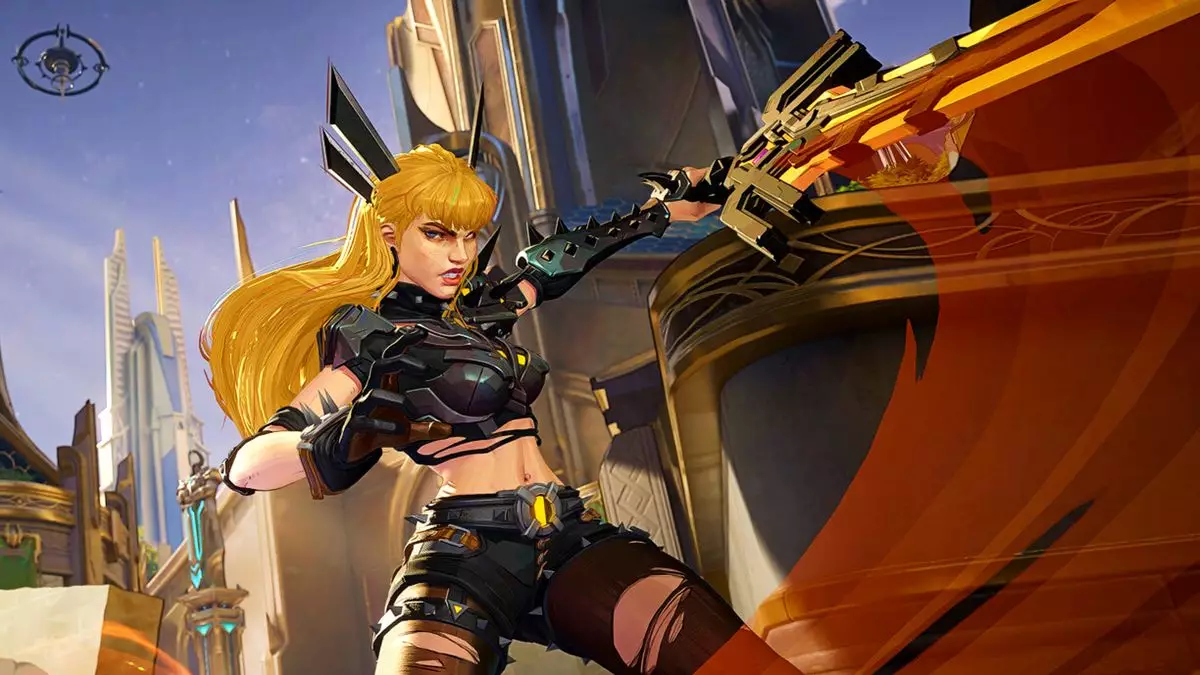The gaming landscape is often characterized by a series of phases, each serving a distinct purpose in the journey from conception to full public release. Among these, the beta phase stands out as a pivotal point where developers fine-tune their games based on user feedback and engagement. With the recent shift of Marvel Rivals from its beta stage to a free-to-play model, players are now eager to dive into this superhero-centric adventure without the limitations that once constrained access.
As of August 5, 2023, the Marvel Rivals closed beta period came to an end, concluding a short yet impactful testing phase that created significant buzz in the gaming community. Beta access relied on exclusive keys, possession of which was akin to a backstage pass—highly coveted but limited in supply. This scarcity fostered both anticipation and urgency among players, many of whom scrambled to secure their spot in the beta before it disappeared. The conclusion of this phase marked a significant transition, opening the floodgates to unrestricted access for players across multiple platforms.
Now that Marvel Rivals has officially transitioned to a free-to-play format, the game is accessible to all interested players. This strategic decision reflects a growing trend in the gaming industry where developers prioritize player engagement by eliminating the upfront cost barrier. The move allows not only the devoted Marvel fans but also newcomers to explore the game without financial commitment. With platforms including PS5, Xbox, and PC now supporting game downloads, the rollout promises to attract a diverse player base eager for superhero encounters.
While beta keys are now relics of the past, initial players utilized various methods to acquire access codes during the testing phase. One of the primary routes was through achieving an in-game milestone, with players who reached level 6 rewarded with the opportunity to share a key with friends. The mechanics sought to foster community engagement, yet it also created competition among participants, creating a race that kept players actively immersed in the game.
In addition to in-game achievements, Twitch Drops provided another avenue for acquiring beta keys. Viewers were incentivized to watch designated streams for a minimum period, making Twitch not just a platform for entertainment but also a gateway to participation in the gaming experience. This initiative correlates well with the increasing integration of streaming platforms in gaming promotion strategies, showcasing how content creators contribute to engaging broader audiences.
In this fever-pitched environment, social media platforms and official Discord channels emerged as additional venues for players to acquire beta keys. Developers adeptly leveraged community-driven events, with contests and giveaways designed to boost engagement and connectivity among players. This not only enriched the user experience but also fostered an inclusive atmosphere where feedback and collaboration became integral to game development.
As Marvel Rivals continues to evolve post-launch, the gaming community remains central to its growth and success. Developers now have the opportunity to harness feedback from this vibrant player base, shaping future updates and enhancements that reflect the desires of their audience. The transition from beta to free-to-play not only signifies a new chapter for Marvel Rivals but also initiates an ongoing dialogue between developers and gamers.
For players and fans eager to embark on their superhero journey, the game is available for download, promising an exhilarating experience imbued with the spirit of the Marvel universe. As the community explores the depths of Marvel Rivals, one can only hope that the developers remain committed to their players, using this unique opportunity to foster an engaging, dynamic, and ever-evolving gaming environment.

